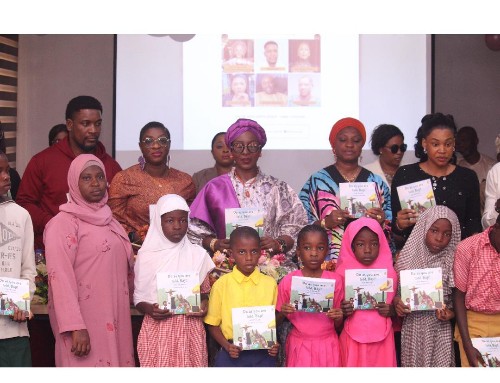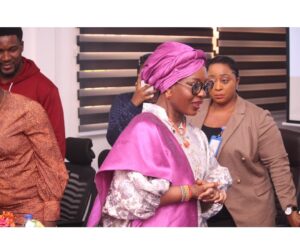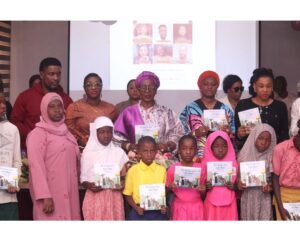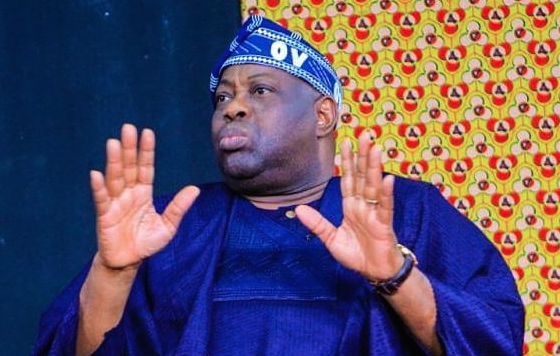Chairman, Aliko Dangote Foundation and Africa’s biggest philanthropist, Aliko Dangote, has urged all operators in the private sector to commit one percent of their profits to fund the health sector challenges in Nigeria, to enable the country to tackle crisis like the coronavirus pandemic successfully.
Dangote noted that such an allocation, which would be a separate payment from the corporate tax usually paid to the government, would improve needed funding to boost the nation’s ailing health sector, as Nigeria continues to grapple with the effects of the COVID-19 pandemic. This, according to him, would help ensure that the vaccine for treating the pandemic gets to the end-users in the country and across Africa, through viable partnerships and collaborations.
The renowned entrepreneur made these suggestions while responding to questions posed to him by a moderator Francine Lacqua during the virtual Bloomberg New Economic Forum (NEF), at a session titled, “Cross-Sector Mobilisation in Times of Crisis: Public Health Perspective.”
Other speakers alongside Dangote, who made their remarks at the Bloomberg NEF session hosted by the Dangote Group included, Founder and Chief Executive of Flagship Pioneering and Co-founder and Chairman of Moderna, Dr. Noubar Afeyan, and Co-founder and Chief Strategist at Partners in Health Care, Chair of the Department of Global Health and Social Medicine at Harvard Medical School, USA, Dr. Paul Farmer.
Responding to a question from Lacqua on if funding was one of the main barriers to actually dealing with health crisis effectively, Dangote replied, “Yes, I agree with you. It is more to do with funding. Like what we are doing in Nigeria as a foundation (Aliko Dangote Foundation), we are trying to sponsor a bill to our Congress where we want them to impose a tax. This is a separate tax, not a corporate tax, of maybe about one percent of all our profits, in the private sector, so that they will fund health.
“And I think it is the only way; we cannot just leave government alone. Government alone cannot fund health. So we the foundations, the private sector, and then the government, have to actually work together to make sure that we fund health. You know, it is a very, very important sector and without a healthy population, there is no way you have a healthy economy. And healthy youth, who make up a large percentage of our population, can make a difference.”
In his remarks on the COVID-19 pandemic and its ravaging impact on African health and economic sectors and the role played by the private sector, Dangote noted that “for us here in Nigeria, mostly in Africa, the COVID-19 is really an eye-opener because we have two impacts. One is the human impact, the other one is the economy – which incidentally also impacts people directly.
In Africa, most of it is actually the economic impact, because what you have done at the beginning, is shut down all our activities, is shut down the airports. So when you look at the economic impact for us, it is huge. The health impact has not been as severe as in other places. As of today, we have about 65,000 cases in Nigeria, and 1,165 deaths in a country of almost 200 million people” Each lost life is a tragedy, but the numbers here are not high compared to the population but because of the lockdowns a lot of people couldn’t really go out to earn their livelihood. So what we did, is set up this Coalition against COVID-19 where I mobilized the private sector and we were able to raise the sum of $112 million dollars. And what we did was set up 39 isolation centers, ranging in size from 100 beds to 200 beds. We bought ventilators, oxygen machines, and all the required equipment to set up effective isolation centers.
After isolation centers and testing supplies, we knew people also needed to eat. The lockdowns interfered with their ability to work and afford money to eat. So we went out and bought food for 10 million people, which is five percent of the population; thus people at the bottom of the pyramid equivalent to 1.7 million households. to reduce the effect of the lockdown”.
The renowned businessman, whose Dangote Group was recently rated as the most valuable company in Nigeria, played a key role in the eradication of polio in Nigeria, which led to the certification of Nigeria and Africa as polio-free on August 25 this year. He is also the founder of the Private-sector led Coalition Against COVID-19 (CACOVID), which has raised N38 billion to support government efforts against the pandemic.

 BIG STORY4 days ago
BIG STORY4 days ago
 BIG STORY3 days ago
BIG STORY3 days ago
 BIG STORY4 days ago
BIG STORY4 days ago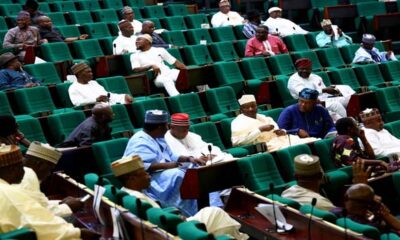
 BIG STORY4 days ago
BIG STORY4 days ago
 BIG STORY3 days ago
BIG STORY3 days ago
 BIG STORY16 hours ago
BIG STORY16 hours ago
 BIG STORY16 hours ago
BIG STORY16 hours ago
 BIG STORY16 hours ago
BIG STORY16 hours ago



















